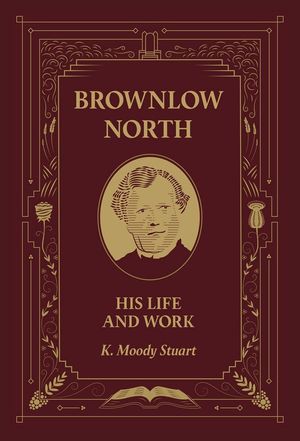Brownlow North was an outstanding 19th century evangelist, but he is sadly almost forgotten today, when the lessons of his life are needed.
Born into the landed aristocracy, his father was a clergyman in the Church of England. Brownlow was only 15 when his father died. He was left in the care of his godly mother, but to her distress he grew up to be a reckless young man, obsessed with gambling and field sports. With no interest in Christianity, North ‘lived without God in the world’. He continued a selfish hedonistic lifestyle until he was in his mid 40s, when he came under intense conviction of sin and, like the prodigal, he came to himself and cried for mercy.
Coming to faith in Christ, a change was immediately apparent. Now consumed by a passion for Christ, he witnessed to friends, neighbours, casual acquaintances, and servants, as well as total strangers. He began to distribute tracts and then to visit people in their homes to read the Scriptures and to pray with them.
On a visit to London, North was taken to an open-air witness near King’s Cross Station and urged by a friend to speak. Further opportunities to preach followed, especially in the Free Church of Scotland, where there was generally suspicion of what was deemed to be lay preaching. But so evident was the call of God that the Free Church recognised him as an evangelist. Not limited to that denomination, he preached widely in Scotland, Ireland, and England.
Later neglect of Brownlow North may well be because he does not fit the modern conception of an evangelist. Kenneth Moody Stuart, writing soon after North’s death in 1875, points out that ‘Brownlow North’s teaching was in all points most pronouncedly Calvinistic’ with a ‘marked stress on human inability and the necessity of the Spirit’s work’. These were points of doctrine that were not taught in the evangelism that was coming into vogue.
In the closing months of North’s life, the American evangelists Moody and Sankey visited Scotland. Moody did not teach doctrine, but was an advocate of the so-called ‘new measures’ that pressed for an immediate physical response to preaching, with excessive use of music. None of these things were present in North’s services. Moody could tell a congregation, ‘You believe and then you are regenerated.’ North could never have made such a statement.
This life of Brownlow North should be widely read by Christians. It challenges us with a picture of evangelism that is faithful to the Word of God, and should drive us to prayer.
Robert Oliver
Bradford-on-Avon, Wiltshire






